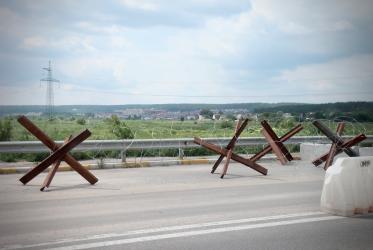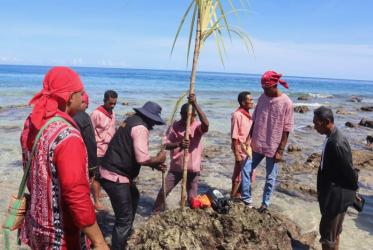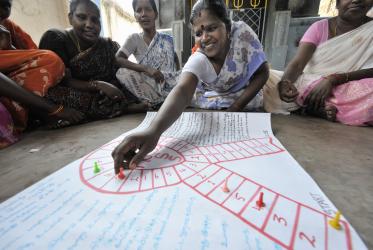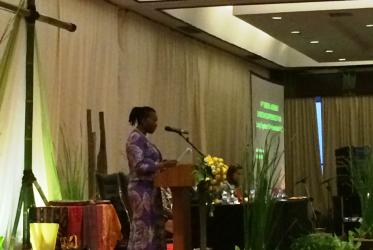Displaying 1 - 17 of 17
07 February 2024
Ukraine: Responding to humanitarian need
08 September 2022
Unity is key when health crisis poses new challenges in Asia
28 February 2022
“Economy of life” lifted up at special school in Indonesia
22 August 2019











